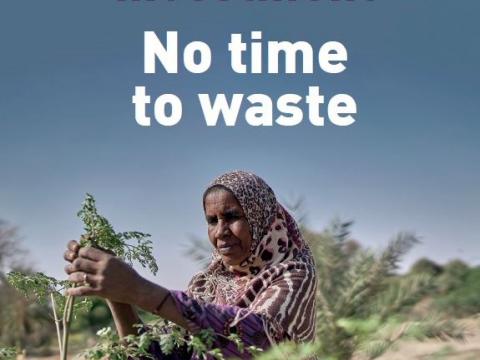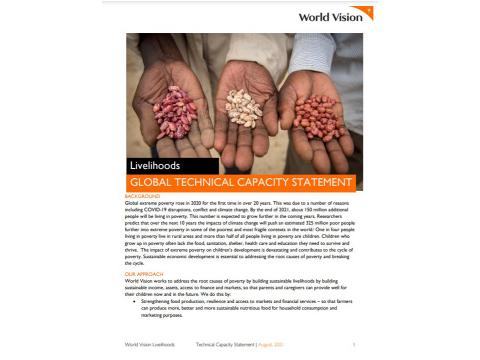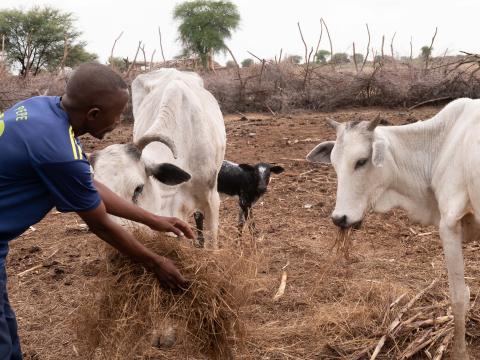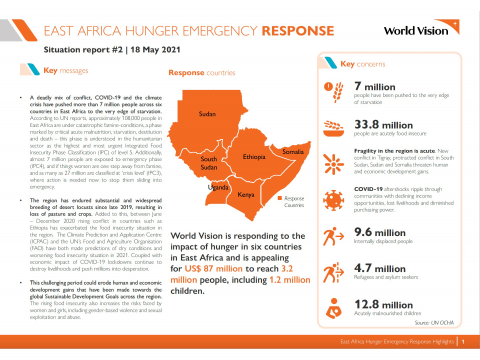EU Nutrition investment. No time to waste
Download
The world is not on track to achieve the World Health Assembly (WHA) targets on
maternal, infant, and young child nutrition by 20251, nor the Sustainable Development
Goals (SDGs) by 2030. Before COVID-19 hit, chronic malnutrition (stunting2)
affected 149 million children worldwide, while 45 million children suffered from
acute forms of malnutrition (wasting3)4. The pandemic has since had disastrous
effects on nutrition for millions of additional people. This is why the 2021 Nutrition Year of
Action and the 2021 Nutrition for Growth summit (N4G)5 come at a critical time, where the
EU has the opportunity and responsibility to show leadership. Renewal of the EU’s engagement
to the fight against malnutrition through ambitious financial and policy commitments
is a prerequisite towards ensuring prosperous lives and a healthy planet in line with the SDGs.
Several EU policy processes and frameworks already exist which have the potential to provide
suitable platforms to positively impact the nutritional status of the most vulnerable people: the
Green Deal clearly shows the connection between the planet and food systems and the need
to feed the world within planetary boundaries; the renewed EU-Africa partnership can re-prioritise nutrition to build a healthier, greener, fairer and more resilient future; and the Global
Europe instrument (NDICI) committed to allocating at least 20% of the Official Development
Assistance (ODA) to social inclusion and human development, including basic social services,
such as health, education, nutrition, water, sanitation and hygiene, and social protection. Each
of these frameworks must embrace nutrition as a cross-cutting and stand-alone issue which
needs ambitious action.


